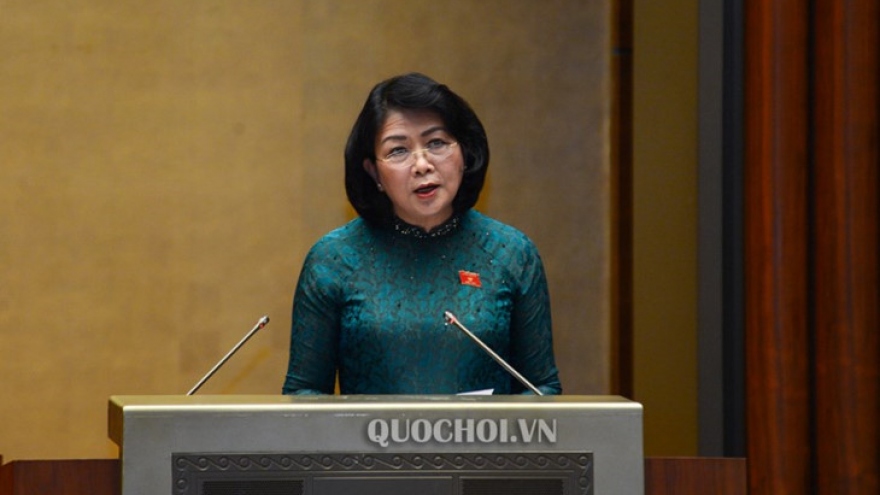FTAs generate opportunities, challenges to Vietnam’s agriculture
The Comprehensive and Progressive Agreement for Trans-Pacific Partnership (CPTPP) and the EU-Vietnam Free Trade Agreement (EVFTA) will create opportunities for Vietnam to boost agricultural exports and improve the capacity of the domestic farming sector, heard a conference in Hanoi on June 26.
 |
| At the conference (Photo: VNA) |
Apart from opportunities, the two deals will create remarkable challenges to the country’s agriculture, said Minister of Industry and Trade Tran Tuan Anh, citing the EVFTA with tax commitments and regulations on product origin as an example.
Echoing Anh’s views, Minister of Agriculture and Rural Development Nguyen Xuan Cuong said Vietnam will have to engage in a competition with other member countries of the two deals like Canada, Australia and New Zealand which also have potential for agricultural development.
One of the biggest problems is the small scale of the agricultural production, he said, explaining that Vietnam has only 8.6 million farming households and 10 million ha of arable land, but has to compete with countries with greater land resources.
Given this, the minister suggested mobilising faming households to participate in cooperatives and join hands with businesses in this sphere.
Besides, products must fulfill standards and requirements set by both domestic and foreign markets, he said, noting that the work requires joint efforts of the Government, State, businesses and farmers.
He also lauded the adaptability of the Vietnamese economy and the domestic agricultural sector in particular, which has been demonstrated through the implementation of 12 free trade agreements.
Other participants at the event said that Vietnam will find it hard to use the non-tariff barrier as a protective measure due to its limited legal capacity and scientific evidence.
Meanwhile, the domestic agricultural sector will face a fiercer competition with foreign products which are expected to flood the Vietnamese market following the reduction of the tax barriers as committed in the agreements, he said.
Besides, regulations on food safety and hygiene, and technical standards in picky markets like Japan and EU countries will also challenge the sector.
The EVFTA and the EU-Vietnam Investment Promotion Agreement (EVIPA) are scheduled to be signed in Hanoi on June 30.
Vietnam has, to date, engaged in a total of 16 FTAs, both bilaterally and multilaterally.



